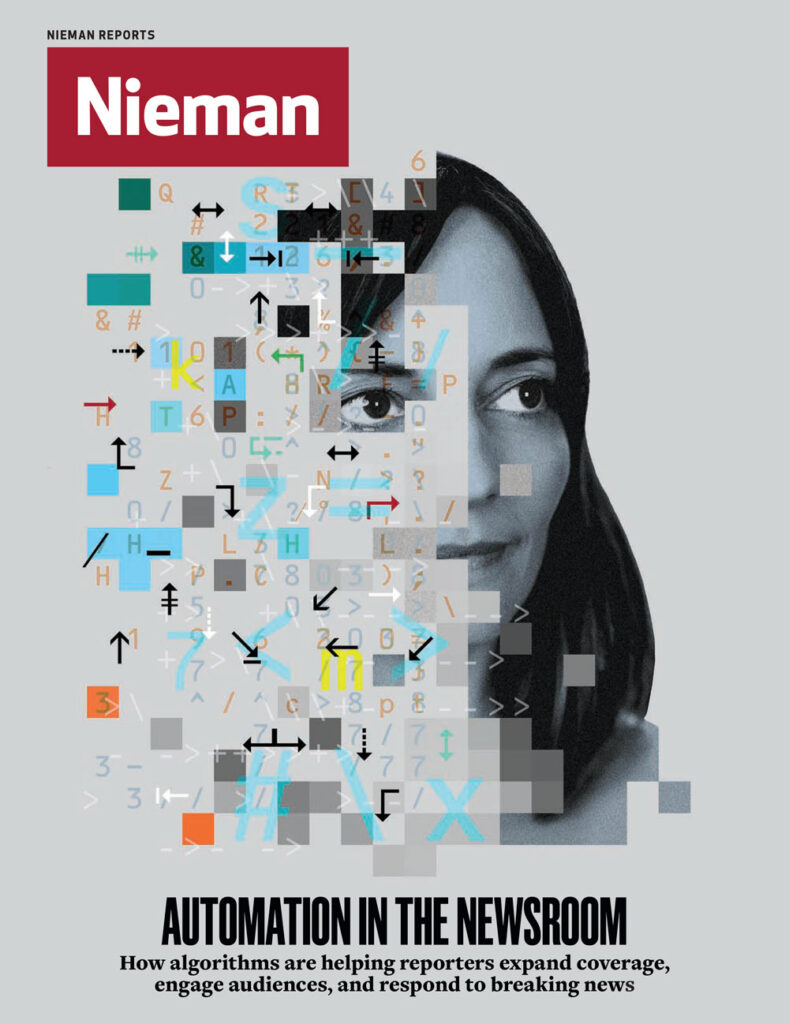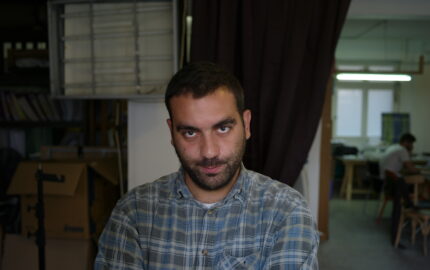As a legal reporter in China for the past six years, I have spent a lot of time in courthouses. Judges almost always bar reporters from sitting in courtrooms and policemen frequently shoo us away from the building. So I often hid in the bathroom, waiting for potential sources. If I was found out, at least I had a plausible excuse for being there.
In 2010, a policeman pulled me out of the restroom in a Beijing courthouse. I was there to cover a trial involving the state-owned China Central Television (CCTV) and an illegal fireworks display the year before that ignited a major fire, killing one firefighter and injuring eight people. More than 20 people, including some low-level CCTV employees, were charged in connection with the disaster. Many journalists questioned whether the trial was fair. Reporters were barred from attending the trial or even using the bathroom next to the courtroom. I was able to interview some of the lawyers for the defendants who gave me the case materials. My article was headlined “Questioning the CCTV Fire.”
When I could not hide in the bathroom, sometimes I sat in the courthouse corridor. If no policeman was watching, I would kneel and listen at the door. One day, when I was listening like that, someone watching the security cameras used to monitor what goes on in the courthouse noticed what I was doing. The leader of the press office suddenly approached me, with a young judge and a few policemen in tow. One of the policemen threatened to pull me outside. The young judge said, “No, don’t touch her. Let her leave on her own.” I was moved by his kindness and wanted to thank him. But I just kept walking and dared not look at him. I was afraid I could not hold back my tears if I faced him. A few days later I tried to find the young judge to express my gratitude. But I never saw him again.
However, I have continued to feel grateful that he spoke up for me. After that incident, the courthouse staff knew that I was the reporter who would listen at the door. One day, I again was sitting in the corridor of the Beijing No. 2 Intermediate Court, trying to listen to a trial involving Zeyuan Li, a former military official. He had spent time in prison for fraud, smuggling, and other crimes. When he was released, he somehow raised about $330 million and bought the majority share of the state-owned Shenzhen Airlines, trading on his ties to the authorities. Four years later, he was arrested for embezzlement.
Courthouse staff know me as the reporter they may find in the corridor, listening at the door
When I was in the corridor trying to listen to the trial, a young woman from the press office, her finger pointing at me, approached with her boss. She said, “That woman in blue is a reporter.” I answered, “Yes, I am a reporter. Please put down your finger. That is disrespectful to me.” After the leader left, the young woman sat near me, to keep me from listening at the door. When the session adjourned, I found a source who helped me gain access to thousands of pages of court documents. I wrote an exclusive story, telling the truth about the hegemony of business relationships in China. Some businessmen cooperate with politicians, getting many privileges. These secret deals are difficult for the press to discover.
Sometimes I got lucky and was able, with the help of a source, to enter the hearing room. However, I had to pretend I was not a reporter so I could not take any notes. In 2013, I went to Shandong province to cover a bank fraud case. All press were barred from the hearing room.
With the help of the defendant’s families, I pretended to be one of them. Before I entered the hearing room, I went to the restroom and put a tape recorder inside my bra. The hearings often lasted a few hours and I would eventually feel the heat of the battery on my chest. My heart would beat faster and faster.
One day, two policemen were sitting beside me. I was nervous but I tried to hide it. Before the hearing started, I stood up to get some water. My hands were shaking. When the hearing finished, I rushed out of the court. I called my editor and shouted, “I hate it. I hate coming to the court. Sooner or later, I will die of a heart attack.”
Yet I could not stop. No matter how angry or upset I got, I continued being a legal reporter because I am proud of what I do. Legal affairs is not just a beat. I am working for human rights and for the freedom of the Chinese people. I believe that the rule of law is China’s only option for a better future.
In recent years, more and more disappointed Chinese people have emigrated to other countries. But most of the people don’t want to or are not able to emigrate. I am one of them. Those of us who stay in our own country are determined to make it better—for ourselves and for our children.



